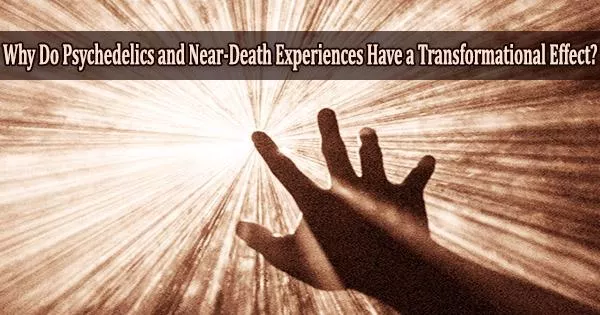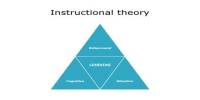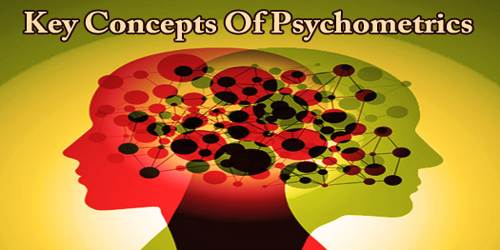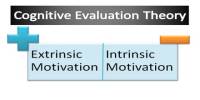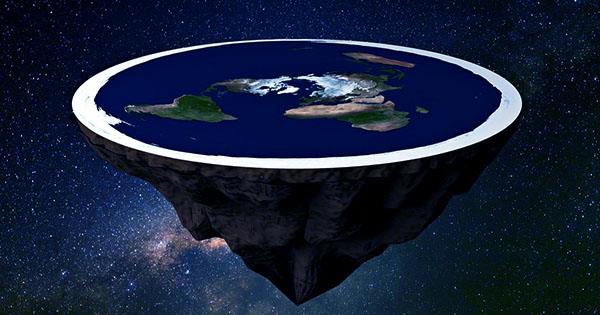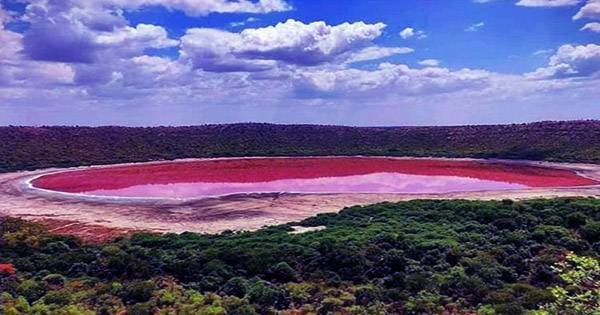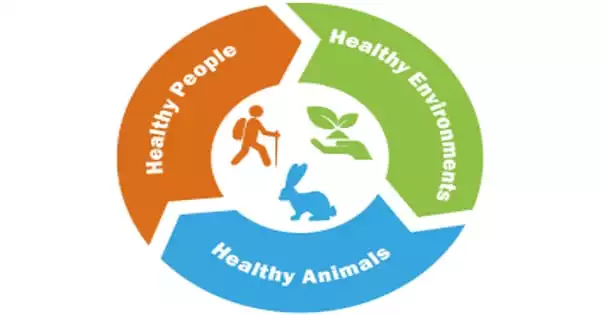As a psychotherapist, I specialize in what I refer to as “transformation through turmoil.” People who experience severe trauma and turbulence occasionally go through a dramatic transformation. They have an intensely positive, appreciative, and meaningful sense of well-being. Their interactions deepen and become more personal. They experience a sense of awakening and are living life more fully and intensely.
In my recent book Extraordinary Awakenings, I showed that transformation through turmoil often follows bereavement, a diagnosis of cancer, a period of depression or addiction, or incarceration. However, I’ve found that the single most powerfully transformative experience that human beings can undergo is a “near-death experience.”
In this sense of term, a near-death experience (or NDE) happens when a person is either very close to death (perhaps through a fall or in a coma) or actually does briefly die in a clinical sense. For instance, before being revived after a cardiac arrest, a person’s body and brain may temporarily shut down.
According to certain research, 20% of people report having exceptional experiences despite their brains displaying no indications of activity in many circumstances. Typically, they report leaving their body and looking down from above (sometimes describing medical procedures in very specific detail), then floating away into space, sometimes through a dark tunnel towards a light. They report a tremendous well-being, with feelings of connectedness and love.
They occasionally witness a brief recap of their entire life that passes by quickly. Even though NDEs are brief (a few minutes at most), they almost invariably have a transformative impact.
People undergo a major shift in perspective and values. They become more altruistic and less materialistic; they feel closer to nature and have greater love and compassion for other people. They sometimes enjoy solitude and inaction in a way that they had never done before because they have an enhanced sense of beauty.
No suitable explanation has yet been found despite several attempts to explain NDEs as an illusion or hallucination brought on by aberrant brain activity. In fact, in my view, the fact that the experiences almost always bring a powerful and permanent transformation strongly suggests that they are not an illusion. Illusions are rarely, if ever, life-changing.
Psychedelics and NDEs
In view of the above, I was fascinated to read a new study of the transformative effects of NDEs and psychedelics conducted by researchers at Johns Hopkins University School of Medicine in the U.S. The study analysed the experiences of over 3,000 people who reported changes in attitude toward death after both psychedelics (including LSD, psilocybin, DMT, and ayahuasca), and NDEs. Both experiences brought a more positive and accepting attitude to death, with less fear. In line with my own research, participants reported significant increases in well-being, purpose, and meaning.
There were also a few minor variations between the two groups at the same time. Both kinds of experiences were labeled as spiritual or mystical and included feelings of oneness, transcendence, sanctity, and wonder; however, psychedelic experiences were more pronounced in these areas. However, NDEs were more likely to be reported as “the single most meaningful, spiritually significant, insightful, and challenging of their lives.”
Why are NDEs and Psychedelics Transformative?
NDEs and psychedelic experiences have very different characteristics. Common elements of NDEs include traveling through darkness towards a light (or a transcendent place), reaching a border or point of no return, encountering deceased relatives, or a life review. But these don’t feature in psychedelic trips. So it might seem strange that they have similar transformative effects.
However, both experiences take us beyond the limitations of our normal awareness. In our natural state, we constantly make associations in our minds as we perceive the world through a lens of ideas and concepts. Our daily surroundings appear routine and familiar via this lens. We also have a sense of living in duality to the world, inside our minds and bodies with the rest of the world “out there.”
In NDEs and psychedelics, the world becomes a completely different place. It becomes much more real and beautiful. We feel a sense of connection or even oneness towards things, and to the world in general. We feel a sense of meaning and harmony, which seems to be a natural, obvious quality of the world. This heightened awareness has a powerful revelatory quality. It changes us fundamentally and permanently.
Of course, NDEs bring much more than this. They also involve a close encounter with death, which in itself can be transformational, making us aware of the preciousness and fragility of life. Many people who have NDEs feel that they have actually died for a short time, which is partly why they develop a more positive attitude to death. This is probably why the above study found that NDEs were more transformational than psychedelic experiences.
The Frequency of Transformation
It’s worth remembering that not all or even most psychedelic experiences are life-changing. In the above study, there is no discussion of how frequently psychedelics have such an effect. For all we know, the participants may have had several other psychedelic experiences that didn’t affect them deeply. In contrast, NDEs are almost always transformational.
A 2012 paper examined the similarities between NDEs and DMT and found that permanent change was much less common following DMT. The effect of psychedelics depends on context, intention, and psychological traits. If psychedelics are used in a spiritual setting as opposed to for recreational purposes, they are more likely to have transformative effects.
Additionally, recent research indicates that psychedelics may improve mental wellbeing by reducing anxiety and despair. Psychedelic journeys should not be undertaken lightly. But, in the right circumstances, they can be almost as revelatory as near-death experiences.
